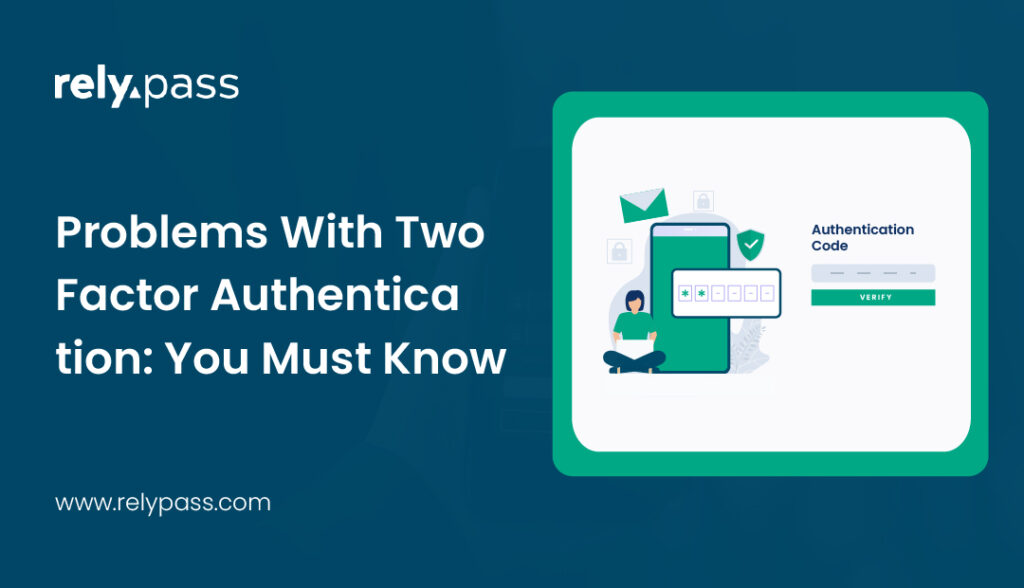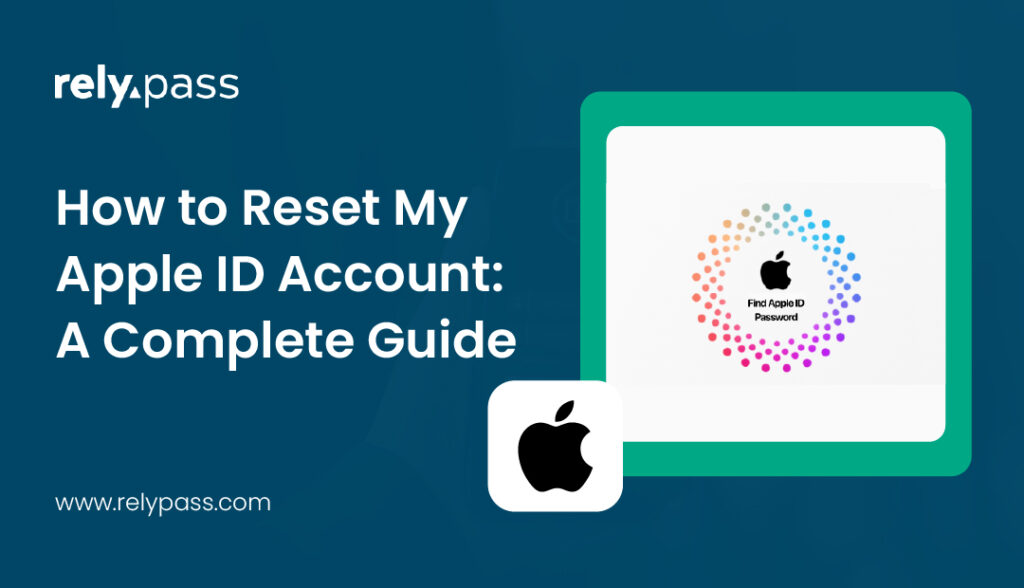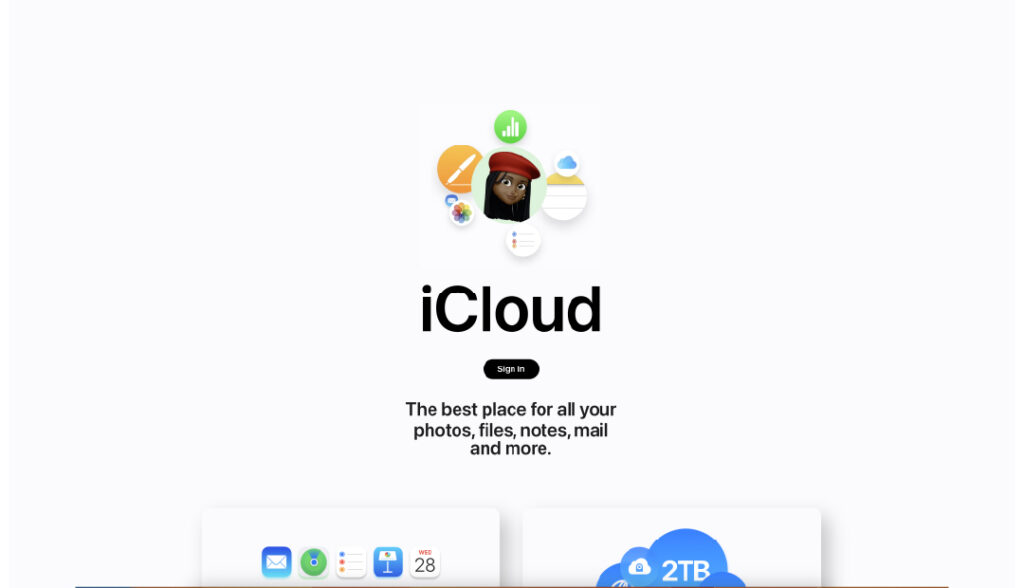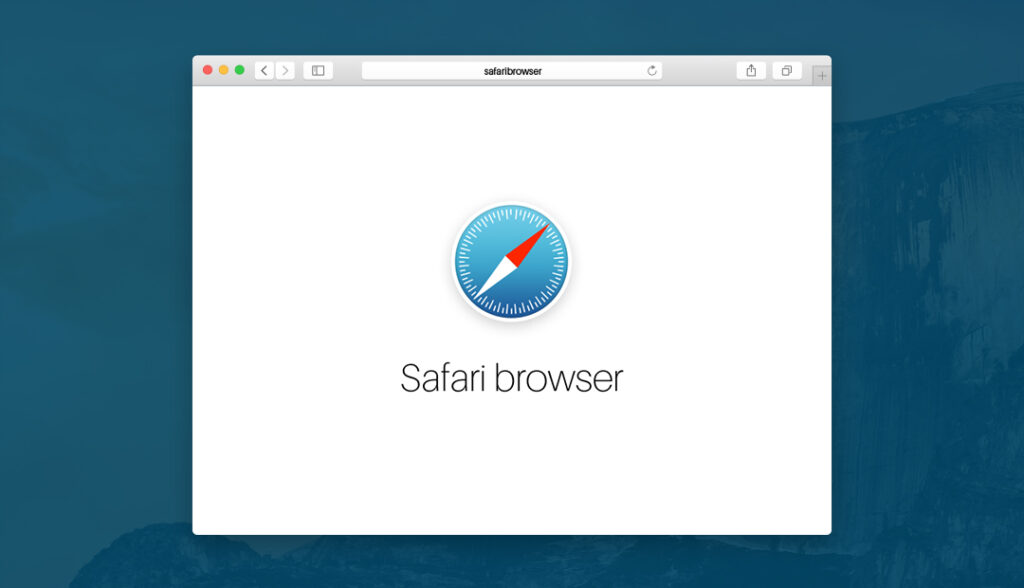The Importance of Unique Passwords and Avoid Phishing Attack

Is your personal information at risk? Imagine losing all your precious data, photos, and memories in an instant. It’s a terrifying thought, but it can happen to anyone. Keep your sensitive information safe from prying eyes and potential breaches.
We now rely too much on the internet for various aspects of our lives, and we must understand the importance of cybersecurity. In today’s digital age, where our personal and financial information is stored online, it is crucial to prioritize online security. One of the fundamental aspects of maintaining a secure online presence is the use of unique passwords. Let’s dive into the significance of unique passwords and provide tips on how to avoid falling victim to phishing attacks.
Importance of Unique Passwords
Treat your password like your toothbrush. Don’t let anybody else use it, and get a new one every six months.
– Clifford Stoll
Because, you know, just like your toothbrush, if you let someone else use it, things could get messy. And if you don’t change it every once in a while, you might end up with some unwanted surprises!
Passwords has to be very very unique when it comes to online security, as using unique passwords is paramount now with all the technology advancing very fast. A unique password is one that is not used for any other account or platform and it’s recommended to make it complex. A unique password is a combination of letters, numbers, and symbols that is difficult for others to guess. We can significantly reduce the risk of unauthorized access to our accounts if we try create strong and unique passwords.
Password strength plays a vital role in securing our online presence just like. We sometimes think if we make complex or unique password, we might somehow forget but to avoid that we can use password manager and save all the unique and complex passwords at one place. Now, if you always use common phrases, birthdates, or easily guessable information as passwords there will be always a chance of getting compromised. Instead, opt for a combination of uppercase and lowercase letters, numbers, and symbols. Creating a password that is at least 12 characters long provides an added layer of security. You can also use password generators unique passwords.
Another consequence of using weak or reused passwords is the increased vulnerability to data breaches and identity theft. In recent years, we have witnessed numerous high-profile data breaches where millions of user credentials were compromised. By reusing passwords across multiple platforms, we inadvertently expose ourselves to the risk of cybercriminals gaining access to our sensitive information.
Recognizing Phishing Attempts
Don’t fall victim to cybercriminals! Scammers have become very smart, and with the evaluation of AI, things are now harder than ever. We must protect ourselves against phishing attacks with available security solutions.
Phishing is a sneaky technique used by attackers to trick you into sharing sensitive information, like passwords and financial details. And they do it with almost perfection, if we are not 100% focused or if we panic, we will fall for it. Phishing attempts can occur through emails, text messages, or even fake websites. This is why you have to understand or know how phishing attacks happen, and before jumping to open any new link or offer, you have to be very careful. Working with a website development agency that understands both user experience and security can help ensure that your business stays protected while growing its digital footprint.
Read The Danger of Password Sharing Risks and Alternatives
Cybercriminals employ various techniques to deceive individuals. They may use tactics such as creating fake login pages that resemble legitimate websites, or they may even manipulate the sender information to make it appear as if the email is from a trusted source. It is crucial to be aware of these techniques and remain cautious when interacting with suspicious emails or websites.
Related story: 8 Devastating Phishing Attack Examples (and Prevention Tips)
Best Practices for Avoiding Phishing Scams
There are several best practices we can follow to enhance online security and protect ourselves from phishing scams. Firstly, (this is important) before clicking link we receive via email or message or even text we have to verify the legitimacy of the sender, number or email. his can be done by independently searching for the official website or contact information of the supposed sender and comparing it to the details provided in the suspicious email.
Another effective measure to combat phishing attacks is to enable two-factor authentication whenever possible. Two-factor authentication is a great way of adding an extra layer of security by requiring an additional verification step, such as a unique code sent to your mobile device, or using authenticator app in addition to our password. This ensures that even if your password is compromised, unauthorized access is still unlikely.
Conclusion
In conclusion, the importance of using unique passwords is way greater than we can imagine. And we are being a bit careful, phishing attacks cannot be overstated. And to do that, unique passwords will play a vital and important role. Additionally, by recognizing red flags and employing best practices to avoid falling victim to phishing scams, we can further enhance our online security.
Cybersecurity is a shared responsibility, and each one of us plays a vital role in protecting ourselves and others from cyber threats.
So, let’s take the necessary steps to safeguard ourselves. Let us inspire others to protect our online presence, and protect ourselves from cybercriminals. Together, we can make the internet a more secure place.
Make sure to bookmark our blog for more helpful tips and news updates.











